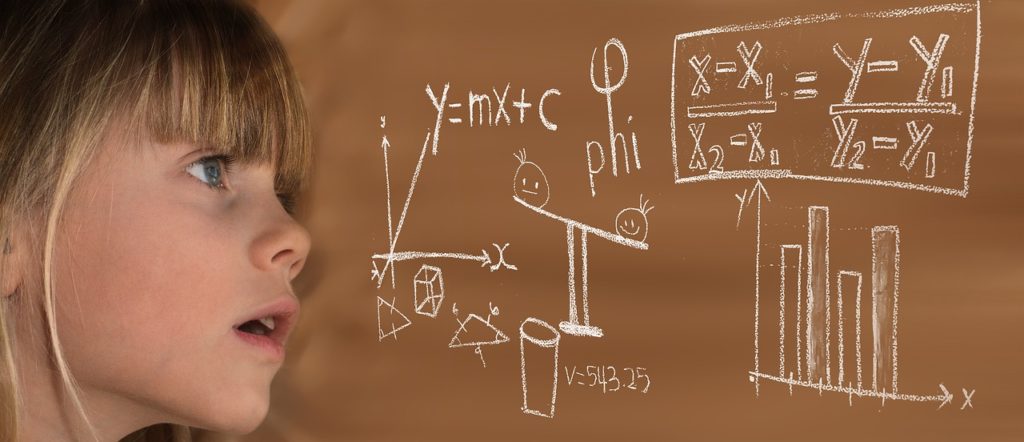Throughout the week, our team shares articles they’ve stumbled upon that may interest our readers, even if they might not otherwise merit a full post. Here are some of the posts we found interesting this week: Stephen shares some fascinating stats about his 7-year road trip, Delta will be adding two new Mediterranean nonstops, and we’ll look at how credit card numbers are verified so quickly.
Our 7 Year, 50 State Road Trip In Numbers

Many of you probably know that our very own Stephen Pepper just completed a 50-state road trip with his wife and dog that spanned 7 years. Now that the dust has settled, he’s compiled a post full of fascinating trip stats. I remember doing something similar with the blog my husband and I used to run (Travel is Free) after ~5 years of full-time travel. (The only stat I remember from our retrospective is that we spent an average of 3 days in a single place before switching hotels or locations.) Stephen’s post shows a sort of behind-the-curtain look at their 7-year adventure. For instance, they drove an average of 62 miles a day, visited 237 different US cities, stayed in nearly 70 different hotel brands, spent 598 nights in Airbnbs, 61 nights in Vacasa properties, and spent an average of $37,829 each year for all road trip-related costs (including gas, lodging, food, etc.) Perhaps the most interesting stat of all…the pet fees! Stephen and Shae spent a total of $12,638.10 to ensure their adorable dog Truffles could stay with them in their many accommodations over the years.
Delta Asked You To Vote For One — They Picked Two: Sardinia And Malta Get JFK Nonstops

Delta asked both SkyMiles members and Delta employees to vote between Ibiza, Malta, and Olbia (Sardinia) to be added as a destination for Summer 2026. Apparently, members and employees were divided, so Delta decided to include both of their winning votes: both Sardinia (the members’ choice) and Malta (the employees’ top choice). A nonstop flight from JFK to Olbia, Sardinia, will begin May 20th of next year, and a nonstop JFK to Malta flight will begin on June 7th of next year. Which are you most likely to book?
The Math Trick Hidden in Your Credit Card Number

Have you ever wondered how checkout forms know so quickly (nearly immediately) whether or not you’ve typed your credit card number in properly? Apparently, that’s because there’s a specific kind of format that credit card numbers follow, which allows a math equation to quickly (for a computer, anyway) determine legitimacy. Once the simple-ish math equation is complete, the resulting number should be divisible by 10. If it isn’t, the card number is incorrect. This trick is called “the Luhn algorithm” and it dates back to the 1960’s.
Let’s use a totally bogus example to demonstrate how the algorithm could be used to de-legitimize a credit card number: 1234 5678 9101
These numbers all mean something, which you can read about in the original article, but the number we need to highlight for our math problem is the final digit, or the “check digit”. In this case, our check digit is “1”.
Starting from the right, but skipping the “check digit”, you’ll double every other number, making a new string of numbers: 0(doubled from 0), 1(not doubled), 18(doubled from 9), 8(not doubled), and on and on. Our full string would be 0-1-18-8-14-6-10-4-6-2-2.
Now add all of the new digits together. (This means you’re now ignoring multi-digit numbers, so 18 is now a 1 and an 8. In our case, 0+1+1+8+8+1+4+6+1+0+4+6+2+2 = 44. Then, add the “check digit” to this total: 44+1=45.
Divide this final number by 10. If it produces a whole number, it’s a legitimate credit card number. But if it doesn’t, it’s wrong. Ours, for example, isn’t because 4.5 isn’t a whole number.
Try it on your own credit card and see if it works! (It worked for mine!)





more pictures of Stephen please, he is a Hoot
Link for original article which explains what all the numbers mean …” These numbers all mean something, which you can read about in the original article”
It’s the Scientific American link in the title of the section.
Wow, the road trip numbers are impressive. I would love to see a post on the Stephen Pepper guide for Airbnb.
he should have his own blog
He does have his own blog! You can follow Stephen and Shae’s adventures here: https://nohomejustroam.com/
I just looked at some of his posts and his blog is very cool.
Stephen, are you still running?